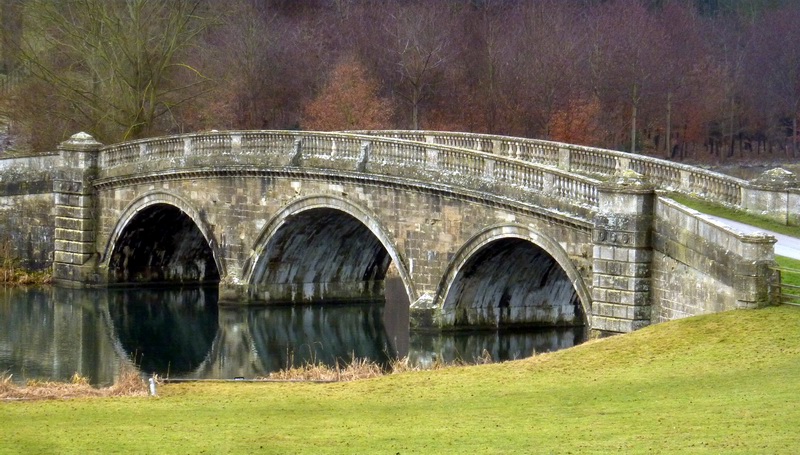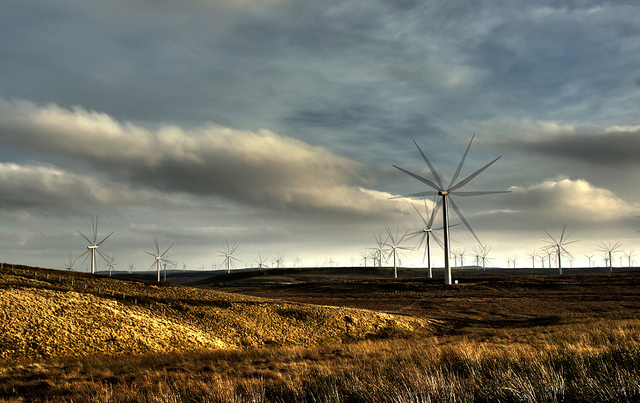Degrowth stands for moving beyond the paradigm of the growth- and profit-oriented economic system. By means of a social-ecological transformation, a good life for all can be achieved. This means overcoming the imperial way of living of the global North, building alternatives, and creating positive narratives of our possible future. This also includes resisting useless large-scale projects, privatizations, and destructive enterprises - in short, against the part of the economy that is supposed to shrink because its negative effects on the environment and society are out of proportion to its benefits.
The lignite industry is a prime example of this part of the economy
- Lignite-fired power generation supplies about a quarter of the electricity used in Germany, but produces half of the greenhouse gas emissions from electricity supply,
- for the mining of lignite, landscapes and villages are irreparably destroyed, people are forcibly expropriated and resettled,
- without the electricity from lignite-fired power stations, the lights do not go out, but German electricity exports decline and electricity from other power stations, which are all preferable to coal, becomes proportionately higher.
There is not one single action of resistance against economic growth, but many struggles fought by many different people, groups and social movements. People from the degrowth movement can, and should, get involved in these struggles.
The fight for the Hambach Forest is particularly worthy of support for three reasons
1. In contrast to many other struggles, the fight against lignite can indeed be won in the foreseeable future – the civil disobedience of the recent years has put pressure on the government, which has set up a committee with a coal commission to discuss the future of the lignite regions. At the same time, RWE's (the power company) approach shows that it has no intention of leaving "its" lignite in the ground. The composition of the coal commission also suggests the conclusion that an imminent end to lignite is, by no means, certain. Against this background, the battle for the Hambach forest is becoming one of the most important social and environmental battlefields of these days.
2. It is not just a question of preserving a particularly valuable piece of forest! It is about the question of what we allow to happen for a bit of cheap electricity, economic growth, and who makes the decisions. Is it the companies, which, based on a mining law from the Nazi era, can assert their interests? Is it the state which overrides fundamental rights by turning the forest into a 'danger area'? Or is it civil society which resists where injustice is being justified?
3. A connection with the climate justice movement is particularly obvious for degrowth, because both movements bring ecological and social aims together - instead of pitching them against each other. The fact that this works well is shown by the many years of cooperation between climate camps and Degrowth Summer Schools. Here the demand for an end to lignite mining is combined with the demand for long-term structural change, so that the workers*, the people, and their region do not become the victims.
With the preservation of the Hambach forest neither the fight against economic growth nor against the mining of lignite will be won. While the attention is on the Hambach forest, the village of Keyenberg is being resettled (
petition against it can be found here) and the village of Pödelwitz is being threatened with future mining (
petition against here). But it would be an important victory and a symbol against lignite and climate change, erosion of democracy, civil rights, and against growth as the sole political goal.
Therefore: support the resistance in the Hambach forest! Find out more
here. Go to the forest, support actions in your city, share the information with others, bring attention to the larger issues at play.
# Hambi bleibt! Hambi stays!


